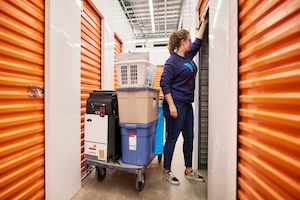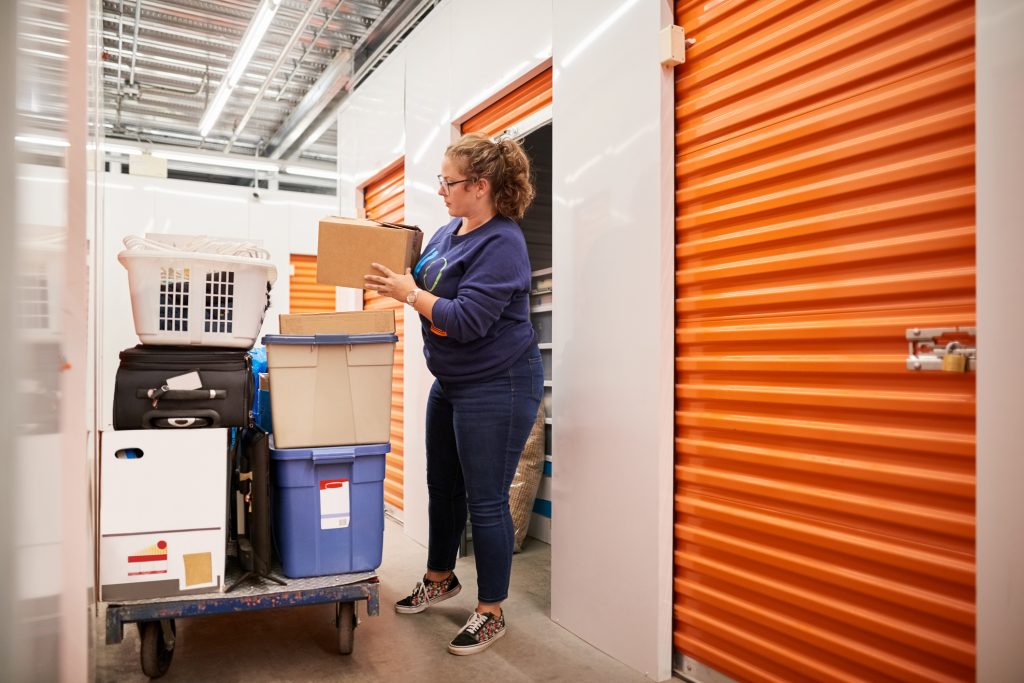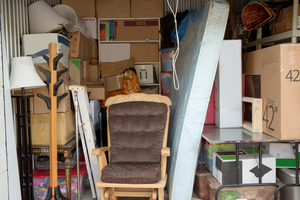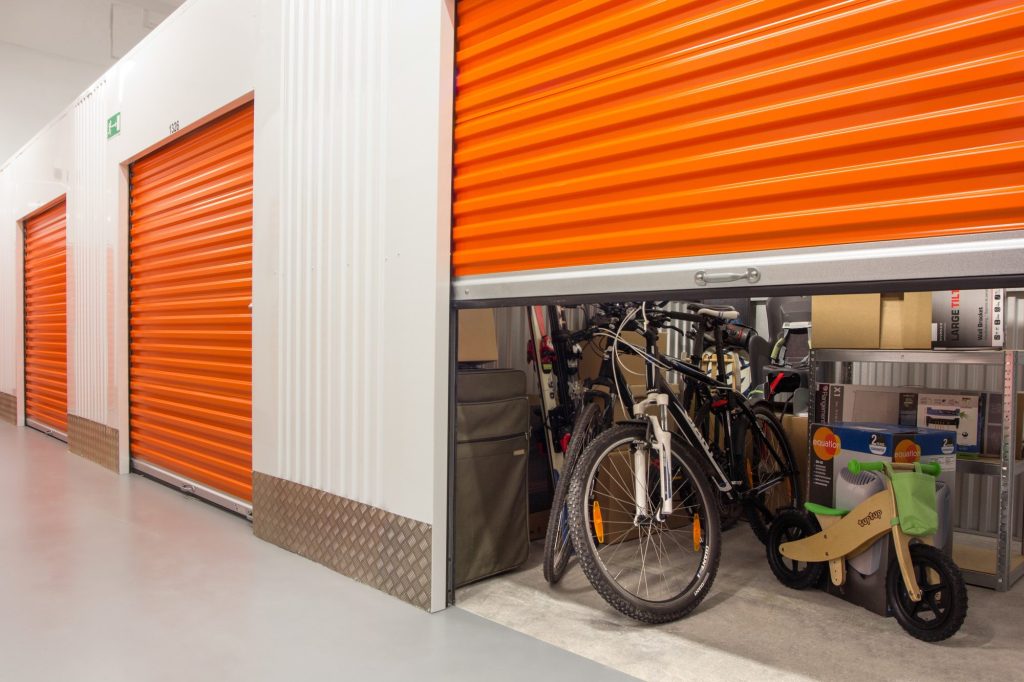With the cost of living crisis, housing shortage and rising prices, a question that’s begun to pop up more and more is whether a storage unit could serve as a viable living space? (Yes, really!).
With rent and mortgage costs shooting through the sky, it’s not difficult to see why some people have begun to think outside the box – but is seeking shelter in storage a step too far?
Here, we’ve decided to take a closer look at the legal, ethical, and practical aspects of residing in a storage unit.
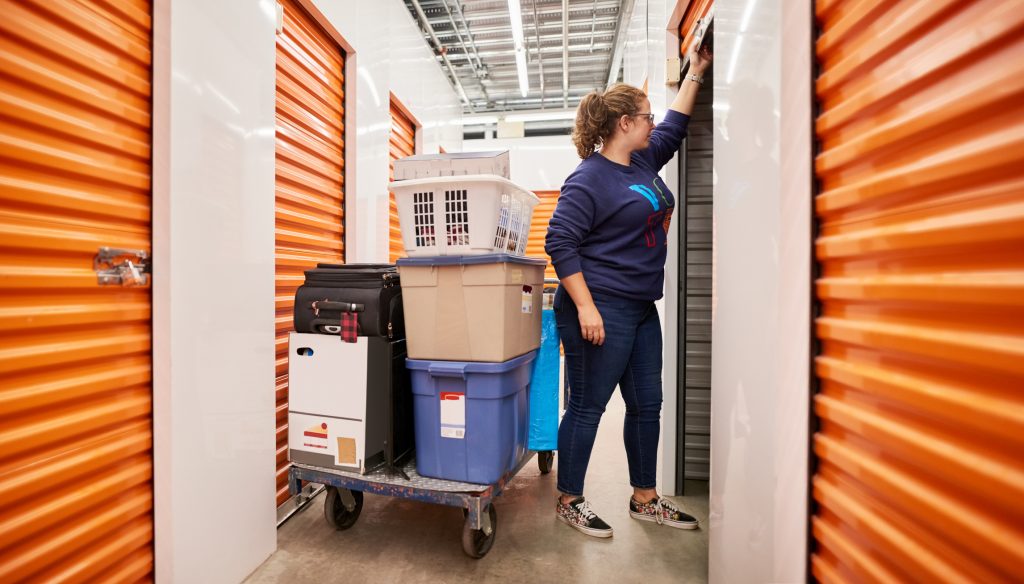
Legally: A Clear No-Go
As far as the law goes, it’s simple – living in a storage unit is categorically illegal.
Storage facilities are zoned for non-residential use, meaning they are not subject to the same safety and habitation regulations that residential properties are.
This means no proper ventilation, lighting, sanitation facilities, or adherence to various health and safety codes that make a place suitable for human habitation.
An Insurance Nightmare
Perhaps unsurprisingly, anyone living in a storage unit would find whatever insurance policy they took out instantly invalidated.
Storage insurance certainly would not cover your belongings if you were found to be living in your unit, while home insurance would not consider a storage unit as a residential property.
Safety Concerns of Living in a Storage Unit
Living in a storage unit doesn’t only entangle with legality; it also introduces several safety and health concerns:
– Fire Safety: Storage units are not equipped with proper fire safety mechanisms that residential areas are mandated to have. Your safety is at risk due to lack of proper exits, smoke detectors, and fire suppression systems.
– Sanitation: Without proper access to sanitary facilities and a healthy living environment, individuals residing in storage units might be exposed to unsanitary conditions, which can lead to health issues.
– Security: Though storage units are designed to be secure for items, they are not designed to secure people safely inside them.
Viable Alternatives
If you find yourself contemplating a storage unit as a residence, it’s imperative to explore alternative solutions:
Seeking Assistance:
Numerous organizations and services are dedicated to assisting individuals in finding suitable living arrangements. Reaching out to social services, shelters, or housing assistance programs might pave the way to safer alternatives.
Here is a link to the Citizen Advice page on finding accommodation, with a host of useful information and links.
Exploring Housing Options:
Various low-income, shared, or alternative housing options might be available which align better with legal and safety norms.
Legal Counselling:
If you are facing a situation where living in a storage unit seems like an only option, consider seeking legal advice or counselling. They might be able to guide you to the right path or alternative solution.
Conclusion
While the concept of living in unconventional spaces can seem alluring to some, it’s vital to ensure you not only abide by the law but also adhere to practices that safeguard your well-being and health.
We hope this article has given you the information you need to make an informed decision.
.


